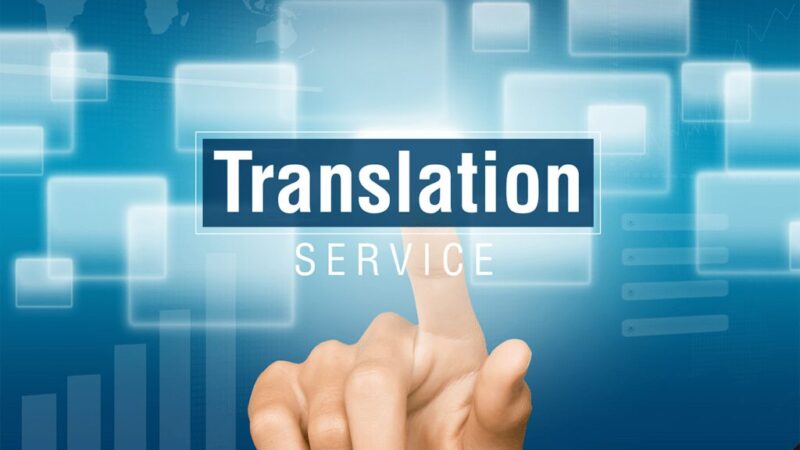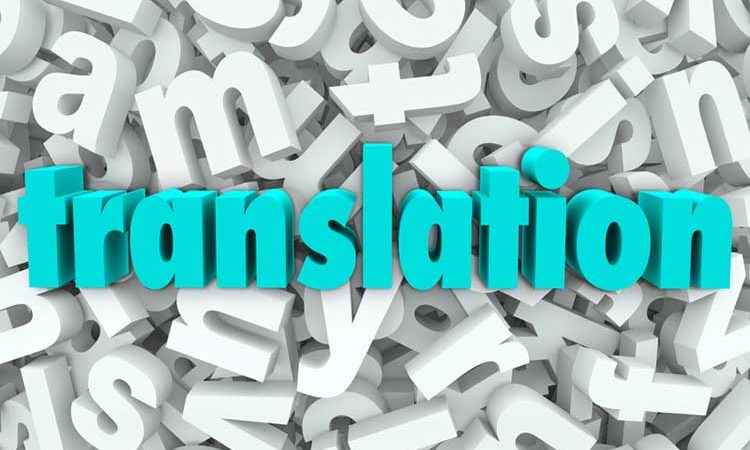What Is Legal Translation And What Makes It Distinct?

Similar to the other types of translation work, legal translation involves the replacement of the source language specifically with the target language. But, as the law is considered to be culture-dependent and so, legal translation is distinct.
This is something that makes use of content as well as terms within the legal system which prevails in the country where there is the origination of source document.
With the globalization of the world, there is a continuously rising need for legal translation.
Other than the language barriers, it is the differences existing in legal systems which is responsible for the complexity of legal translation.
Many of the countries are there where there is a clear division specifically in between the religious as well as secular law. But, in some other countries, there is no clear separation of these two laws.
Talking about the legal system of Saudi Arabia, this is considered to be greatly organized around Islamic laws.
But, the government has also added some of the secular codes to be identified as a key player in the global business. On the other hand, Morocco is such a place where the legal system is made with the combination of Islamic law as well as French law.
If you are thinking to opt for such services, then all that you need is to search in Google as “legal translation near me” to find the best services present in your location.
Understanding Legal Translation
Before diving deep, it is very important to understand what is involved in legal translation.
When compared to regular or standard translation, the concept of legal translation is more complex as it does not involves simple or transposition writing.
A wide variety of texts are covered in legal translation. This specifically requires the use of the official language of the relevant jurisdiction.
So, it involves identification of the documentation, official reports, financial documents, filed patents, transcripts, witness statements, precedents as well as legal rulings.
Not only that, but this legal translation is also required for trusts, wills, articles of incorporation, litigation papers, and immigration documents.
Whenever you need, search for this term i.e. “professional legal translation near me” and you will get a complete list of the service providers near your location. Based on your preferences, you would be able to select one for satisfying your needs.
But, professional document translation services for the legal documents must only be done by SMEs or subject matter experts.
This is because SMEs possess in-depth knowledge about the laws of the source as well as target languages or countries. In turn, this helps to avoid any mistranslations.
Regulation For Legal Translators That One Should Know About
Every country possesses its own set of regulations for legal translators. In most countries, legal translators should necessarily possess a degree in business as well as legal translation. Again, in Brazil and Argentina, the legal translators must be certified by the state.
Some of the countries such as Spain, Sweden, and The Netherlands requires their translator to swear legal oaths. Also, they should be regularly examined to ensure their proficiency and good practice.

In this case, they are regulated by the central authority. However, in Italy, all the legal translators must be certified by a professional legal practitioner.
But, the situation is completely distinct in case of the countries like the United States and the United Kingdom. The accreditation of the legal translators is not very strict in these two countries.
What Makes Legal Translation Distinct?
Legal translation is one of the most complex forms of document translation. There is no place for any misinterpretation, ambiguity, or mistakes in the case of legal translation.
This is specifically because the translated document can become void in this case. Even a minor error can lead to significant financial and legal complications.
The unique terminology of legal translation is responsible for its complexity. This is coupled with differences in language and cultural factors. Legal translation is not all about substituting a word with the other.
But, it is much more than that. The legal translator, you choose must have the ability to transpose the legal concepts into other languages. Due to this particular reason, legal translation is considered to be much more complex when compared to the other translation services.
Again, due to the difference in legal expressions as well as traditions, the translator must be very specific about the usage of language specifically within the target jurisdiction.
A specific language type is used in the case of legal text. So, if this is used in the wrong way, then it can cause many problems. In case, a lawyer or a judge sees the usage of wrong words, then it can lead to trust issues in the entire translation work.
Another important thing is that the translator must fit the main purpose of the legal translation.
The translator must be familiar with the legal text under different legal terms. Diverse subjects are present in legal English and the structure of the sentence is usually complex and compound.
Again, a very formal tone is used in the case of legal English. Usually, the legal documents have to be written in the passive voice.
A translator can find it to be challenging to translate a passive voice to the active one.
So, these are some of the most important things which make legal translation distinct from any other translation services in demand check out this.
Final Words
Therefore, these are some of the most important things which one should know about legal translation. If you are looking for the “legal translation near me”, then you should essentially consider the above-mentioned points to make an effective choice.
Also, the legal translation service, you choose should have a high degree of accuracy. This is only achievable by human translators as machine translation fails to deliver that accuracy.
It is because legal documents are involved in this case which includes birth certificates, contracts, scholarly writings, court evidence, and affidavits.






